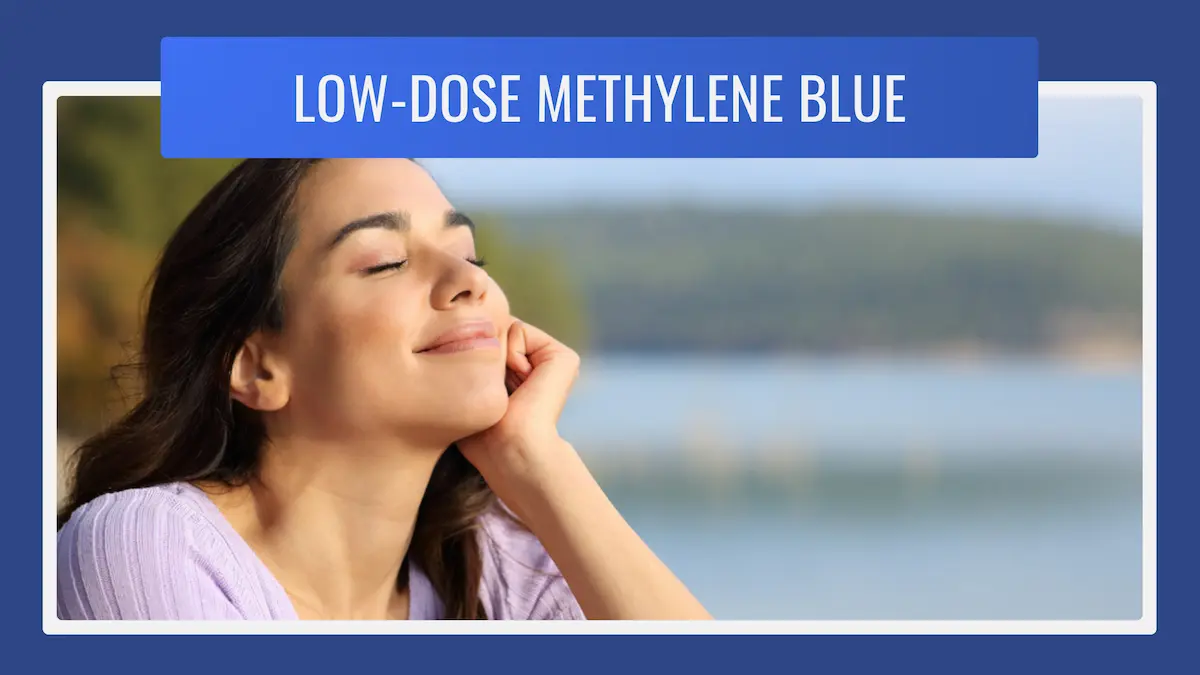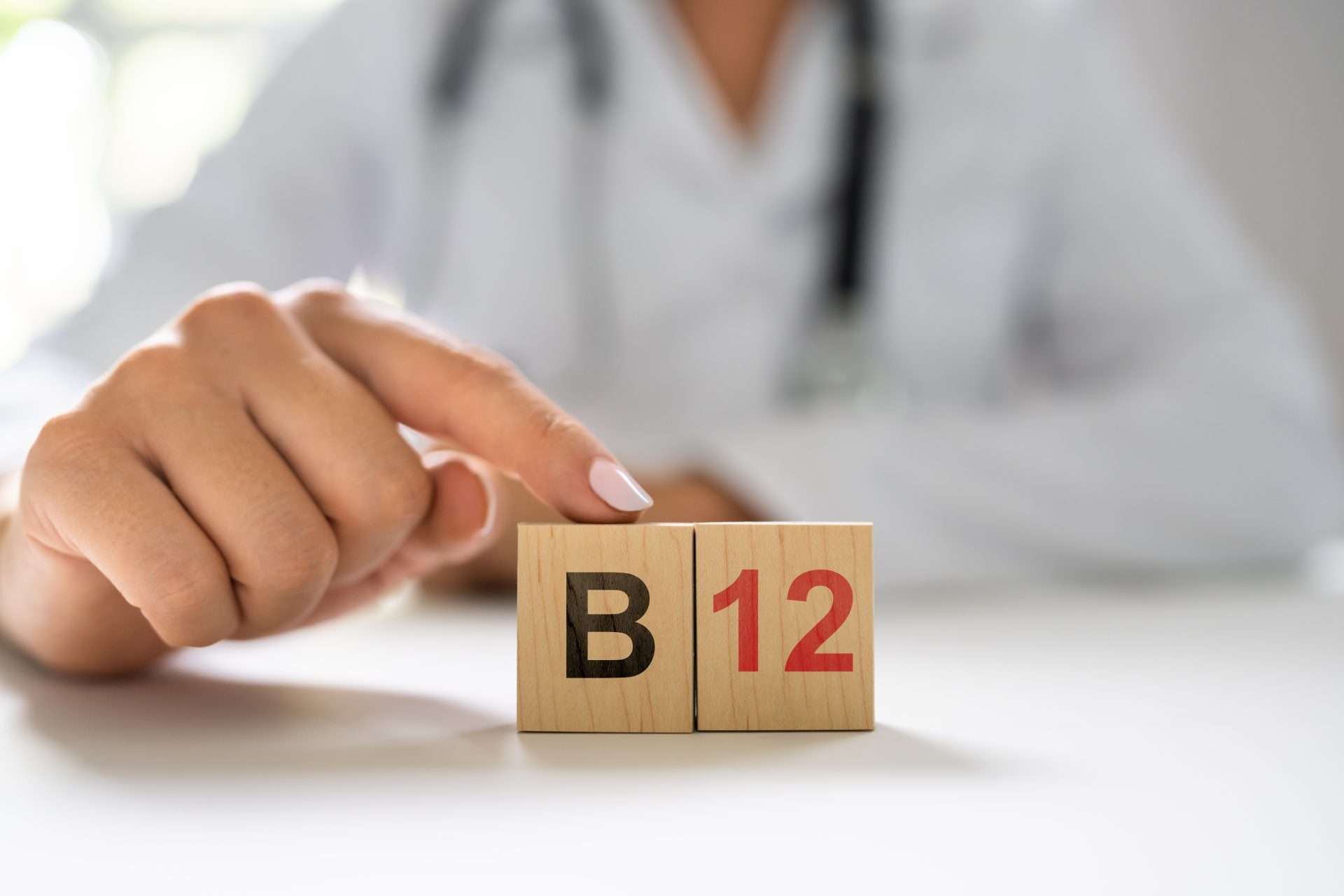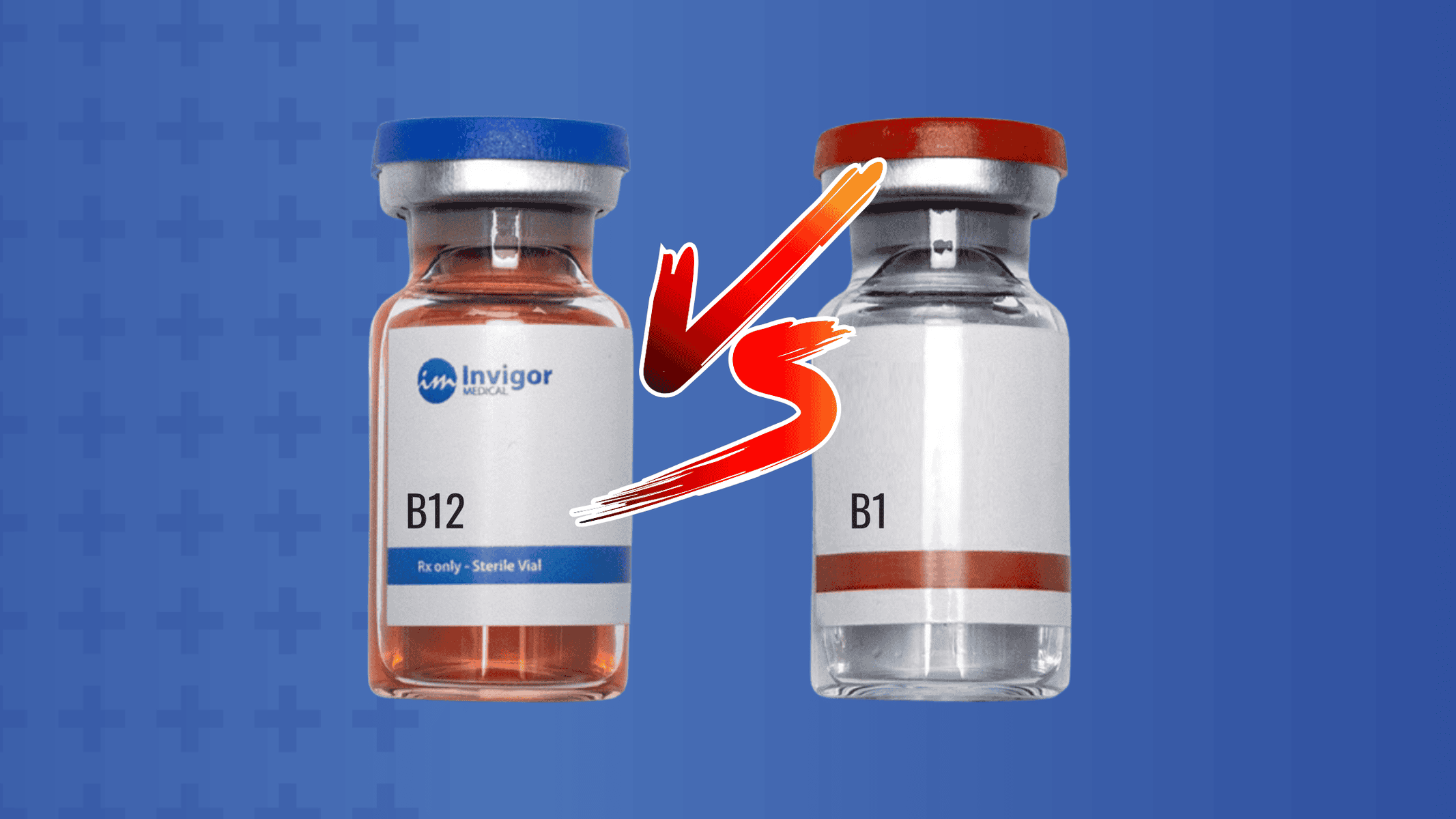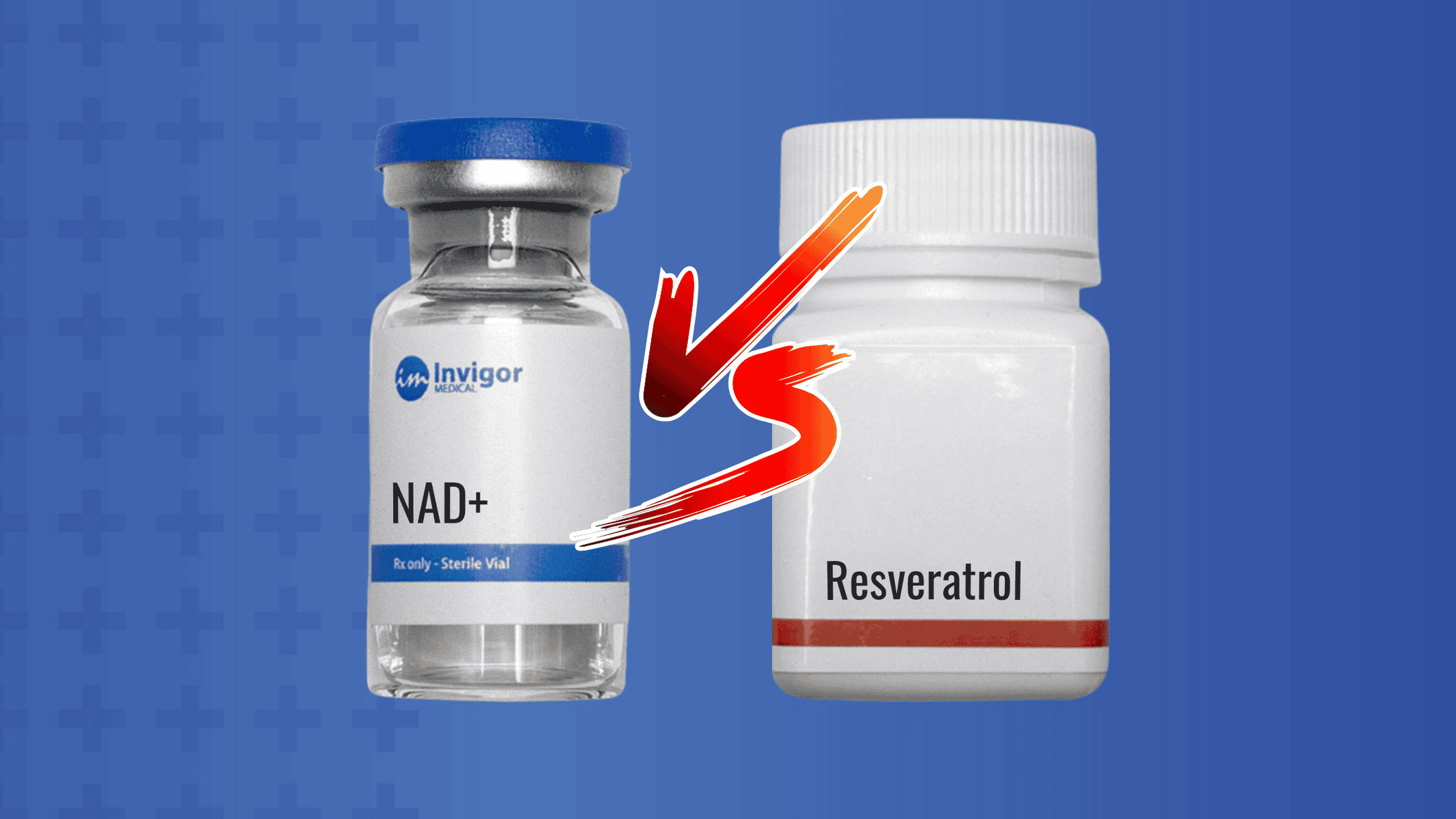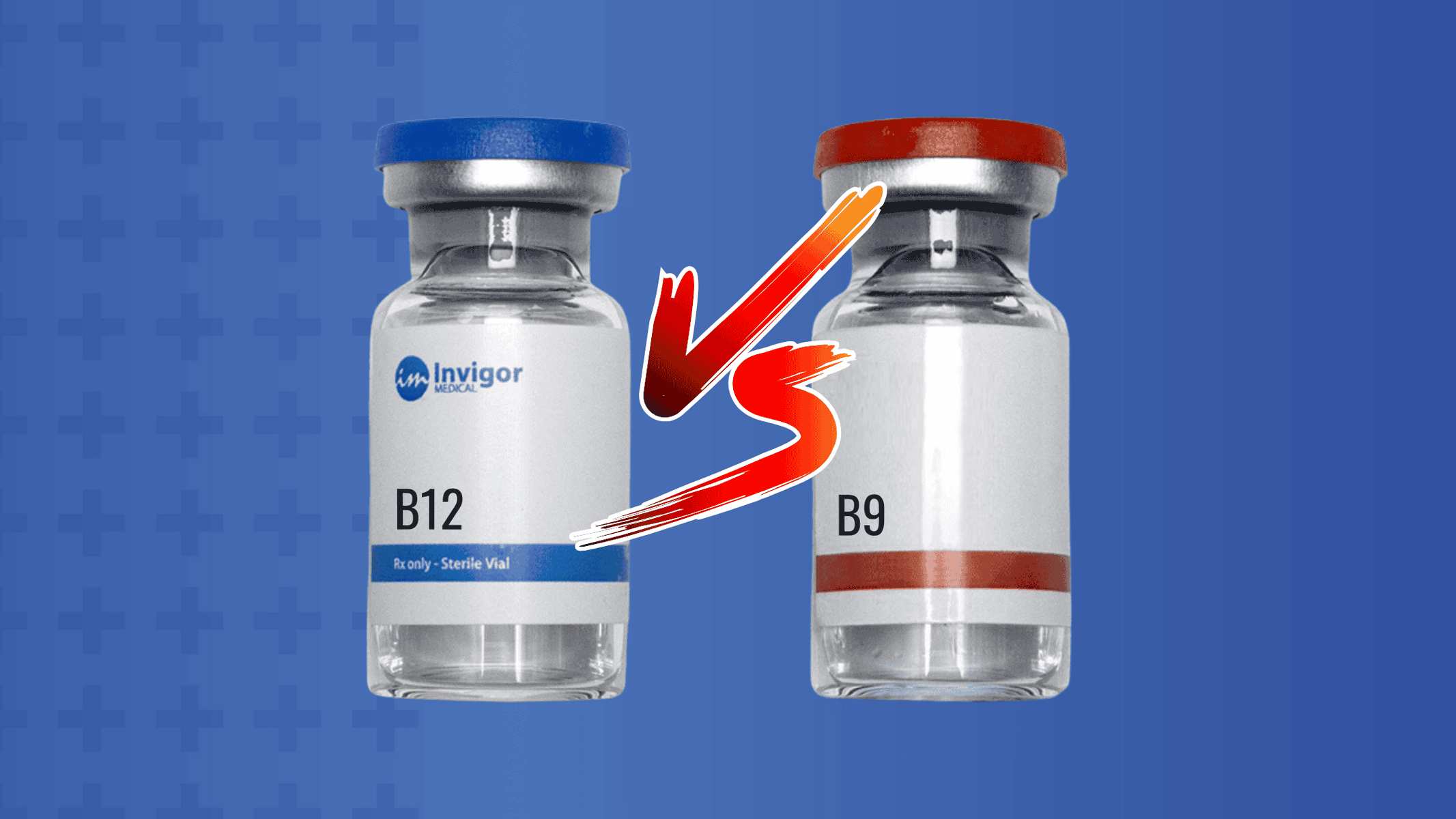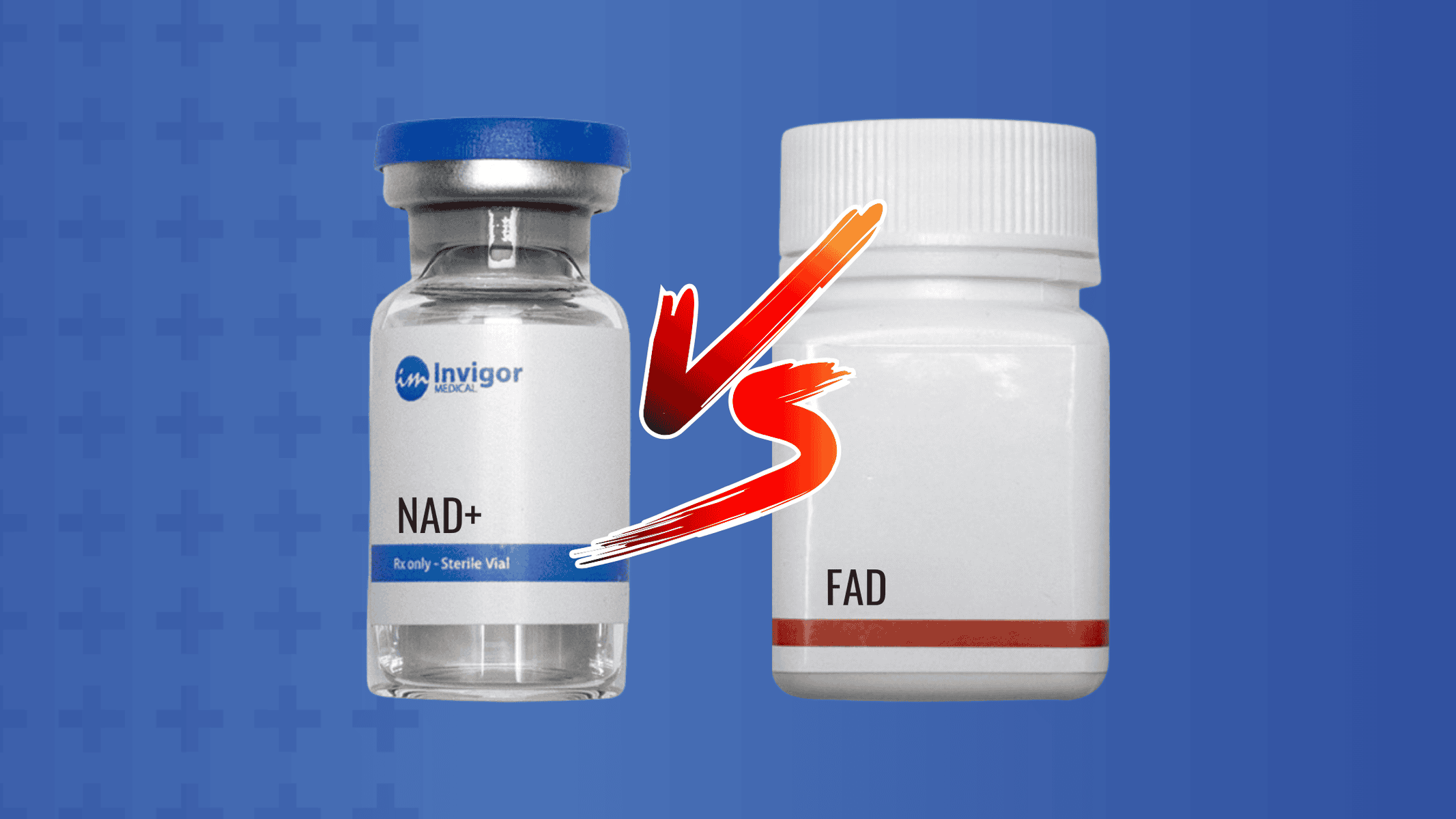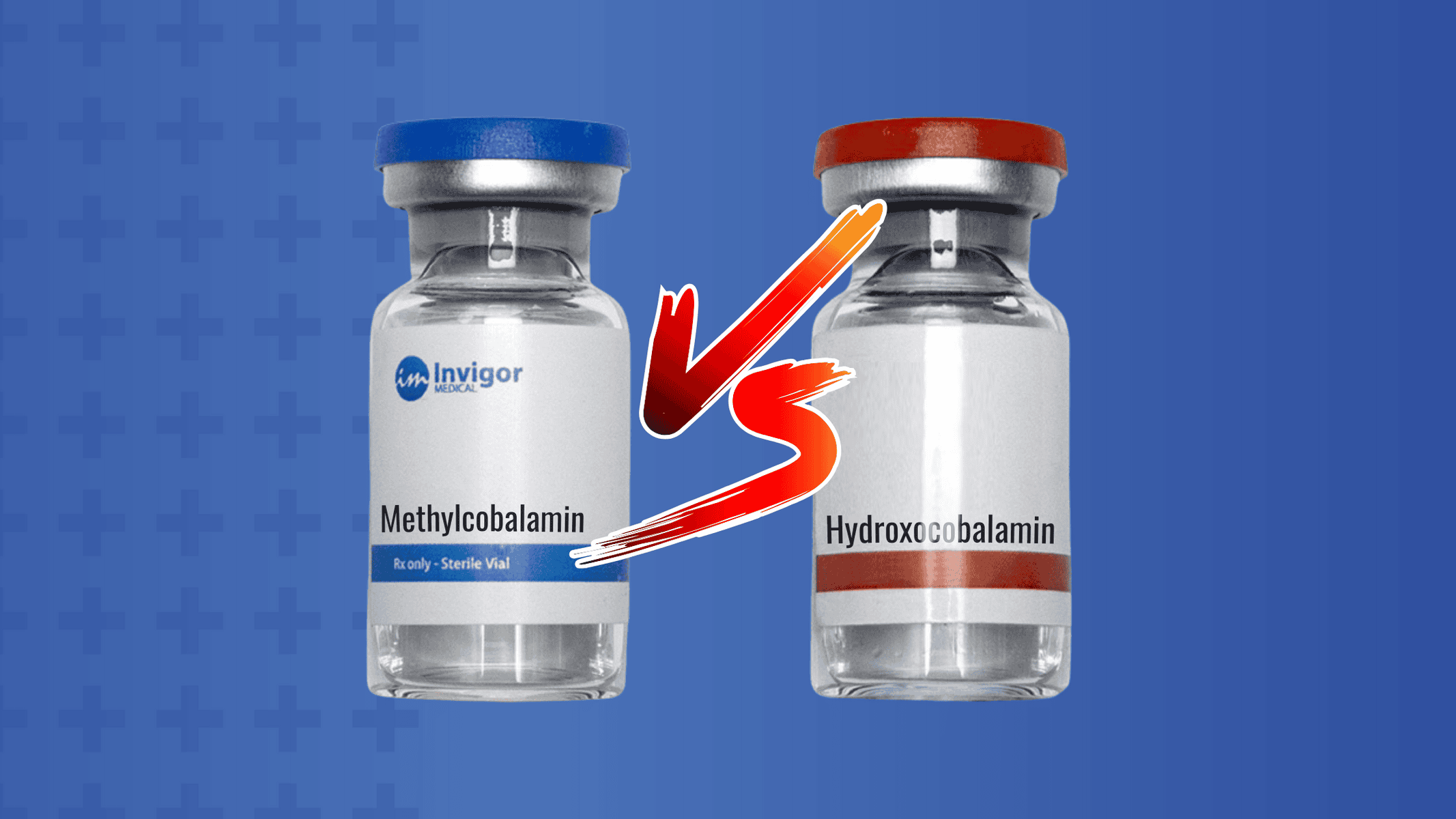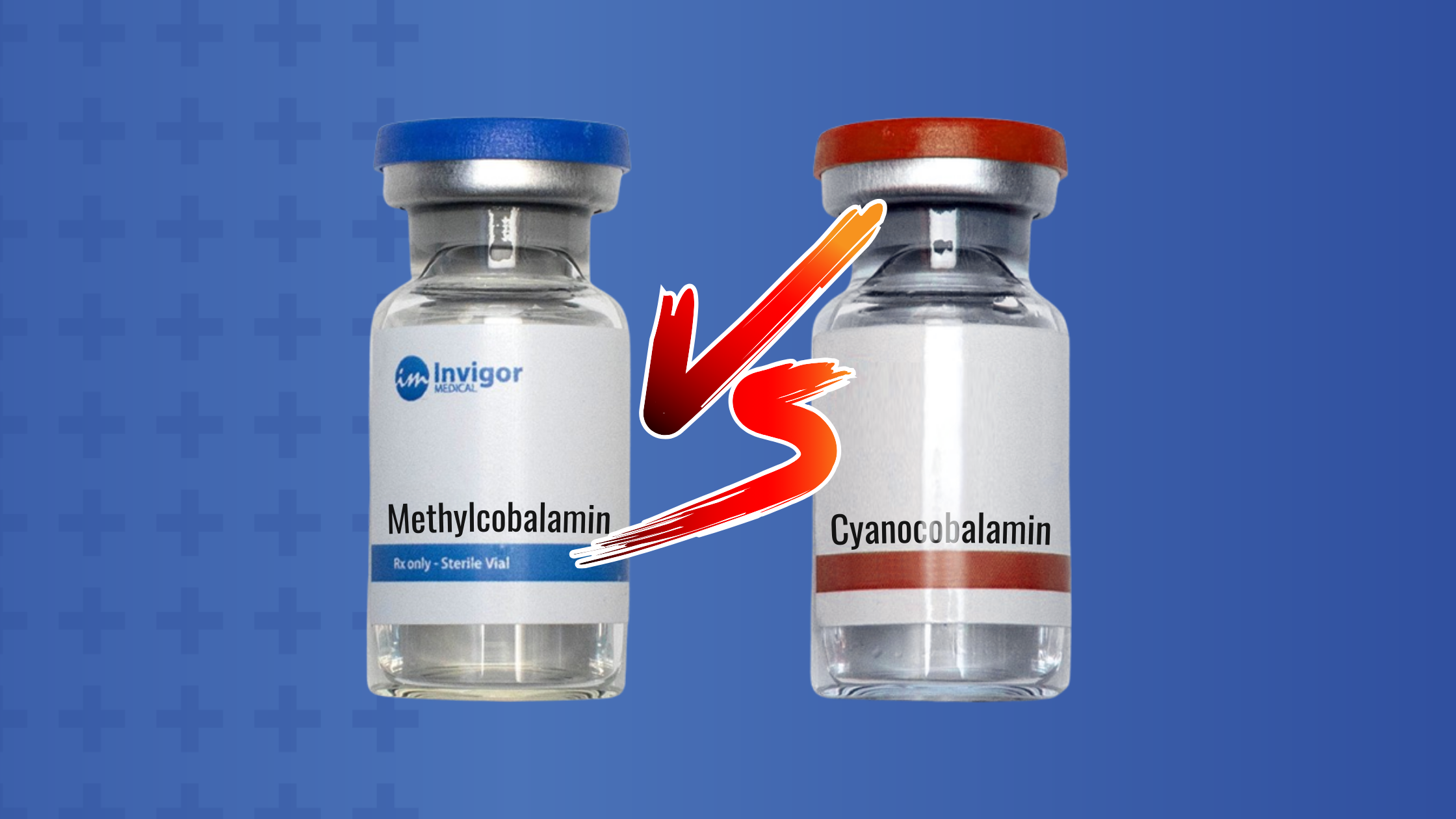Methylene blue, an old compound with a long medical history, is gaining renewed attention in neuroscience and biohacking communities for its cognitive-enhancing and neuroprotective properties. Low-dose Methylene Blue has shown a unique ability to support mitochondrial function and improve cellular energy production while helping to reduce oxidative stress and possibly exert protective effects on neurons against degeneration.
Typical nootropics usually target neurotransmitters or specific brain receptors, but Methylene Blue operates through different mechanisms and directly targets neuronal mitochondria. In low doses, it acts as an alternative electron carrier in the mitochondrial electron transport chain, improving enzyme activity like cytochrome oxidase and supporting ATP generation, which is crucial for energy-intensive neurons in the brain. MB also functions as an antioxidant for neural cells and plays a protective role. These actions position Methylene Blue as a multi-targeted compound for cognitive enhancement, brain resilience, and longevity.
In this article, we compare Methylene Blue’s effects to other cognitive enhancers and neuroprotective agents by studying the most recent findings. While much of the current evidence stems from animal models, human trials and neuroimaging data have grown significantly in recent years.
Table of Contents
Mechanisms of Action
The neuroprotective and cognitive benefits of Methylene Blue arise from its distinctive mitochondrial-targeted mechanism of action. At low concentrations, it serves as an electron transfer agent in the mitochondrial electron transport chain, leading to enhanced cytochrome oxidase activity and ATP production. This improves neuronal oxygen consumption even in damaged neurons.
Additionally, Methylene Blue exhibits potent antioxidant effects in neurons, including ROS scavenging and redox cycling. It enhances the production of glutathione peroxidase and superoxide dismutase, boosting the body’s natural antioxidant defenses. These effects are central to how Methylene Blue protects against ischemia, traumatic brain injury, and neurodegeneration. Furthermore, it helps regulate neuroinflammation, promotes synaptic plasticity, and supports neuronal survival.
Cognitive Enhancement and Neuroprotection
Preclinical research demonstrates that low-dose Methylene Blue improves memory consolidation, spatial learning, and boosts overall cognitive function. These benefits have been observed in models of Alzheimer’s disease, Parkinson’s disease, stroke, and traumatic brain injury.
Methylene Blue supports long-term potentiation (LTP), preserves synaptic function, and reduces the buildup of amyloid-beta and hyperphosphorylated tau proteins, hallmarks of neurodegeneration. It also shows promise in restoring mitochondrial function in damaged neurons and reducing inflammation, making it a candidate for addressing metabolic stress and age-related cognitive decline.
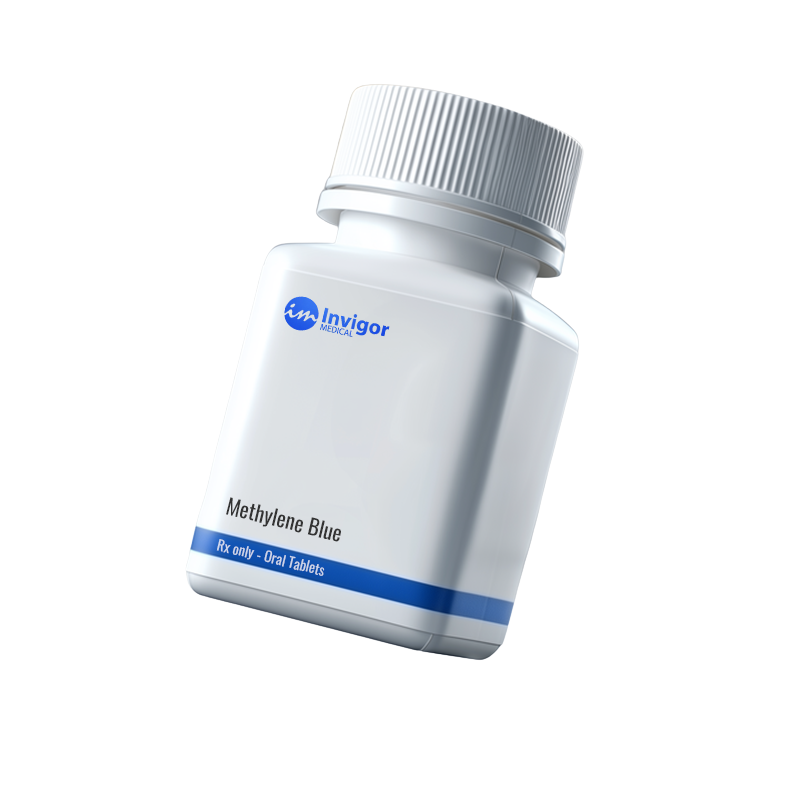
Human Studies and Brain Imaging
Emerging human trials and brain imaging studies suggest that Methylene Blue may act as an effective cognitive enhancer. Functional MRI (fMRI) scans have shown increased connectivity in memory and attention-related regions shortly after administration.
Recent randomized controlled trials report improved memory recall, mood, and focus in both healthy individuals and patients with neuropsychiatric disorders. These improvements are thought to be due to increased brain oxygen utilization and enhanced neural network activity.
While promising, these findings are preliminary, and larger-scale clinical trials are still needed to fully confirm these outcomes.
Safety and Comparison to Other Nootropics
One of the key benefits of Methylene Blue is its strong safety profile at low doses. Reported side effects are usually mild and temporary, such as digestive discomfort or lightheadedness. However, those with G6PD deficiency or taking serotonergic medications should use caution.
Unlike traditional nootropics like racetams, modafinil, or herbal options such as bacopa or ginkgo, Methylene Blue’s mitochondria-targeting mechanism allows it to address the root causes of age-related cognitive decline and neurodegeneration. Its regenerative antioxidant effects also set it apart, offering long-term brain protection rather than just temporary cognitive boosts.
Although direct head-to-head comparisons with other nootropics are lacking, the growing body of clinical and mechanistic evidence makes a strong case for incorporating Methylene Blue into neuroprotective strategies.
Is Methylene Blue Right for You?
Low-dose Methylene Blue can be a promising option for individuals looking to improve mental clarity, support brain health, or prevent cognitive decline. As with any therapy, consult a qualified healthcare provider to determine if it fits your personal health goals. Dosing, timing, and formulation are crucial for maximizing benefits while minimizing risks.
Conclusion
Low-dose Methylene Blue presents a compelling case as both a nootropic and neuroprotective agent. Its ability to support mitochondria, combat oxidative stress, and enhance synaptic resilience sets it apart from many other cognitive enhancers.
While additional long-term human trials are needed, current evidence suggests that Methylene Blue is a safe, mechanistically unique solution for individuals seeking to maintain cognitive performance and protect against age-related neurodegeneration. With proper medical guidance, it may offer significant benefits for brain health and longevity.
